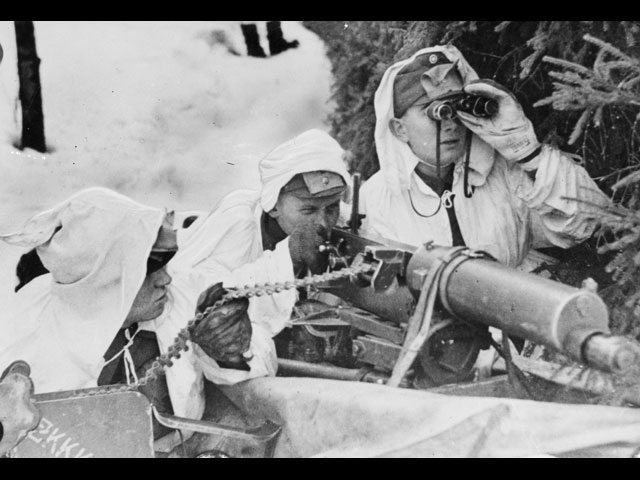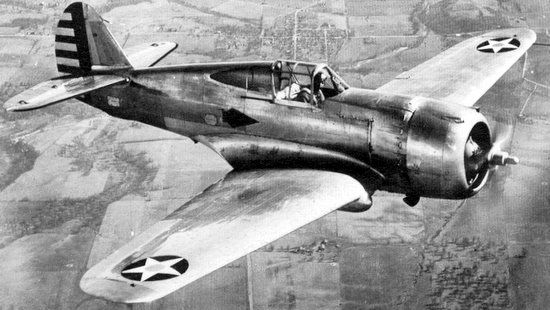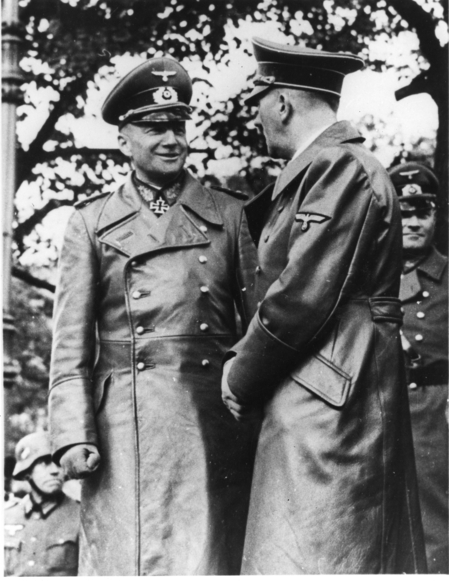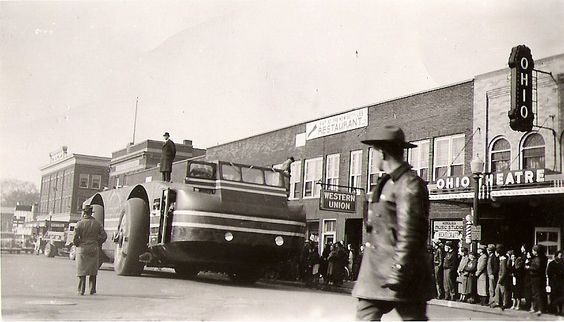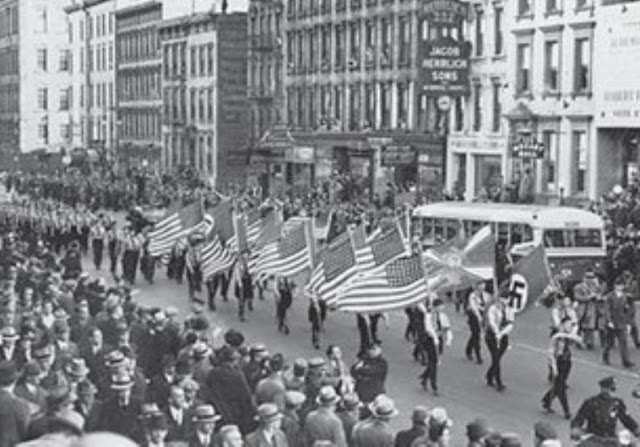Tuesday 24 October 1939
 |
| Roland Freisler and his "special court." |
U-37 (Korvettenkapitän Werner Hartmann) has a big day. It sinks the British freighters Ledbury (3,528 tons), Menin Ridge (2,474 tons) and Tafna (4,413 tons). The successes are all against independents and about 90 miles west of Gibraltar.
Greek freighter Konstantinos Hadjipateras (5962 tons) hits a mine just off the English coast in the North Sea. Four perish, the rest are picked up by the Gorleston lifeboat Louise Stephens.
The British detain the US freighter Wacosta. They release the US freighter Iberville after seizing its cargo. They also seize US mail destined for the Continent from the Finnish freighter Astrid Thorden. The aggressive British seizures are raising some eyebrows in the United States.
Convoy HXF 6 departs from Halifax for Liverpool.
Western Front: The Germans mount a minor attack on a French outpost in the Forest of Warndt in the Saar region. There are scattered raids all along the Front, but no concerted troop movements.
German Government: State Secretary Roland Freisler of the Reich Ministry of Justice discusses "special courts," or Sondergerichte. He characterizes them as the "tank corps of penal law" which will be used to eliminate those who "stab the dagger in the people's back." In practice, they will constitute show trials, with Freisler shouting at defendants and berating them in open court. The defendants invariably are polite and respectful as Freisler hectors them and sentences them to concentration camps or death (sometimes the same thing). The trials are popular, and in a macabre way constitute the first use of courts as entertainment.
German/Soviet Relations: Foreign Minister Ribbentrop signs a trade deal with the Soviets. The Soviets agree to supply 1 million tonnes of grain and fodder.
German Propaganda: Ribbentrop makes a rare speech in Danzig. He affixes Great Britain with war guilt for working steadily against the Germans. He also blames the British for refusing to even consider "the hand of the Führer stretched out in a peace gesture."
London almost immediately dismisses the speech, saying that it "introduces no new element into the situation nor is it considered as having any particular importance."
Finland: The Finnish delegation once again returns to Helsinki to review border proposals made by the USSR.
Poland: The Polish government-in-exile has had an ace up its sleeve all along. Only now Polish gold reach Paris that has been on the road via Romania and then Syria. It totals more than £15,000,000.
Separately, the Polish government in London (the government-in-exile is still in Paris) announces that exile Poles will be used in a Polish Army in France.
Japanese/German Relations: Ambassador Oshima meets with Hitler.
American Homefront: Joe DiMaggio of the four-time World Series Champions New York Yankees is named the American League MVP. Joe hit .381. Red Sox first baseman Jimmie Foxx is second.
 |
| Nylons! |
Future History: F. Murray Abraham is born in Pittsburgh, Pennsylvania. He wins the Academy Award for Best Actor for his role as Antonio Salieri in "Amadeus."
 |
| "The Long Swing," Joe Dimaggio. |
October 1939
October 1, 1939: Occupation of WarsawOctober 2, 1939: Hel Peninsula Falls
October 3, 1939: The Diamantis Incident
October 4, 1939: Otto Kretschmer Gets Rolling
October 5, 1939: Polish Resistance Ends
October 6, 1939: Hitler Peace Effort
October 7, 1939: The British Have Arrived
October 8, 1939: First RAF Kill from UK
October 9, 1939: "City of Flint" Incident
October 10, 1939: Lithuania Under Pressure
October 11, 1939: The Atomic Age Begins
October 12, 1939: England Rejects Hitler's Peace Offer
October 13, 1939: Charles Lindbergh Speaks Out
October 14, 1939: Royal Oak Sunk
October 15, 1939: Cuban Rockets
October 16, 1939: First Aircraft Shot Down Over UK
October 17, 1939: Marshall Mannerheim Returns
October 18, 1939: Prien Receives His Award
October 19, 1939: Preliminary Plan for Fall Gelb
October 20, 1939: Hitler Grapples with the Jews
October 21, 1939: Hurricanes to the Rescue!
October 22, 1939: Goebbels Lies Through His Teeth
October 23, 1939: Norway the Center of Attention
October 24, 1939: German "Justice" Gets Rolling
October 25, 1939: Handley Page Halifax Bomber First Flies
October 26, 1939: Jozef Tiso Takes Slovakia
October 27, 1939: King Leopold Stands Firm
October 28, 1939 - First Luftwaffe Raid on Great Britain
October 29, 1939: Tinkering with Fall Gelb
October 30, 1939: Defective Torpedoes
October 31, 1939: Molotov Issues an Ultimatum
2020




